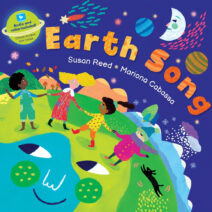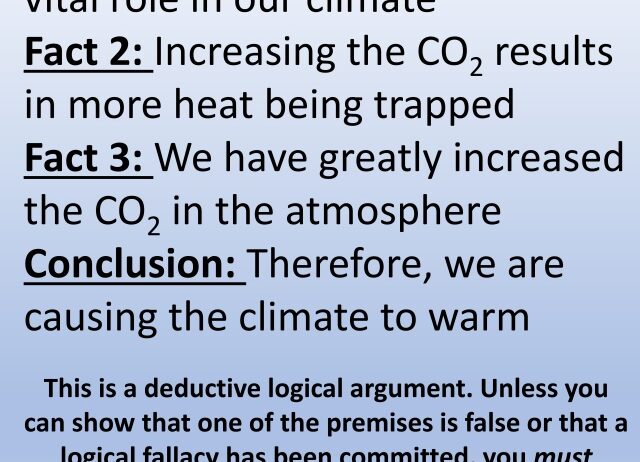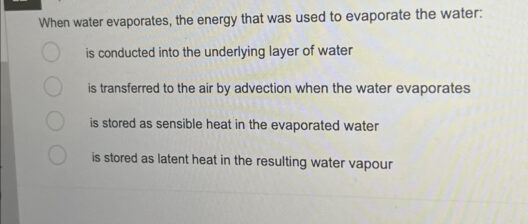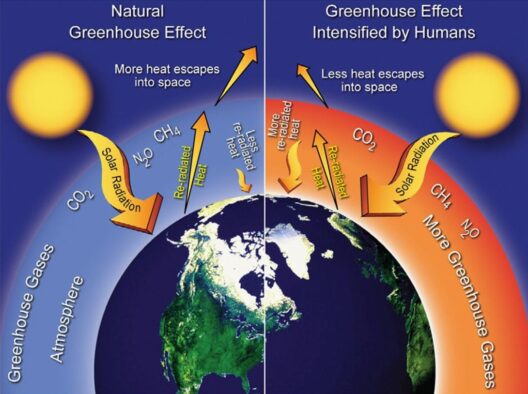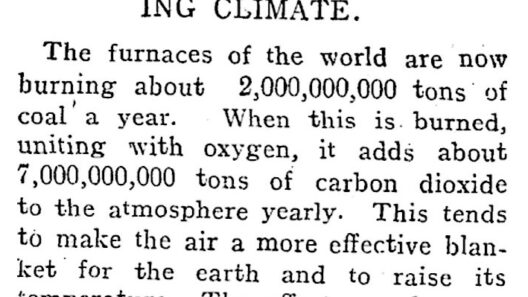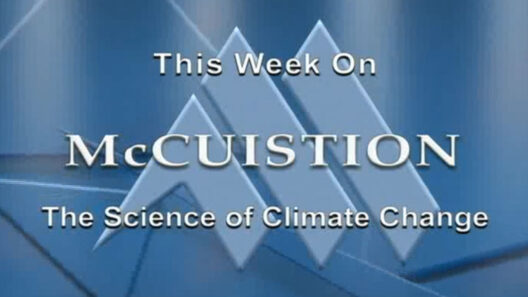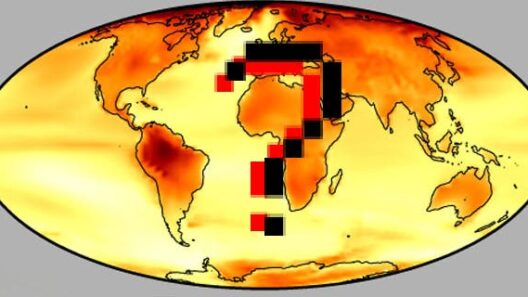Global warming, a phenomenon primarily driven by anthropogenic activities, has become a focal point of environmental discourse. While some narratives assert that global warming might yield beneficial outcomes for the environment, a thorough investigation into these claims reveals a plethora of misconceptions that require debunking. This exploration not only elucidates the intricacies of climate dynamics but also highlights the veracity of the challenges posed by ongoing climate change.
The premise that global warming could engender positive environmental effects arises from the perception that higher temperatures could enhance agricultural yields or ostensibly foster biodiversity. Yet, this oversimplified view overlooks the multifaceted and often detrimental consequences associated with rising global temperatures.
One of the more prevalent misconceptions is the notion that warmer temperatures universally enhance agricultural productivity. While it is true that certain regions may initially experience extended growing seasons and increased CO2 levels, leading to short-term gains, this perspective is myopic. Prolonged exposure to elevated temperatures can exacerbate drought conditions, disrupt precipitation patterns, and increase the frequency of extreme weather events—factors that collectively undermine agricultural stability.
Furthermore, pests and diseases thrive in warmer climates. The spread of invasive species could decimate native flora and fauna, thereby inducing significant ecological imbalance. This interspecific competition leads to reduced biodiversity, which is critical for ecosystem resilience. The long-term viability of food systems is therefore intimately coupled with climate stability. Given that three-quarters of the world’s food crops depend on pollinators, the increasing threat to these populations from habitat loss and temperature fluctuations poses an existential risk to food security.
Another common assertion is that higher global temperatures will create more habitable areas, particularly in polar regions. Yet, the melting of polar ice and the resultant habitat destruction for specially adapted species illustrates a profound misconception. Polar ecosystems are delicately balanced and are not merely a canvas for new growth; they are irreplaceable reservoirs of biodiversity. The loss of habitat disrupts local food webs and decreases genetic diversity, which is crucial for species adaptability.
In addition to polar regions, consider the consequences for tropical ecosystems. Coral reefs, often dubbed the “rainforests of the sea,” are particularly vulnerable to warming waters. Coral bleaching events—caused by elevated temperatures—result in the loss of symbiotic algae vital for coral health, leading to widespread reef degradation. This phenomenon not only affects marine biodiversity but also jeopardizes the livelihoods of millions who depend on reef ecosystems for sustenance and economic activities.
Flooding is another compounding issue associated with climate change. It is widely believed that increased rainfall could ameliorate drought conditions. However, the reality is more complex. Climate change is expected to amplify the intensity of rainfall leading to catastrophic flooding events. Such flooding disrupts local communities, destroys infrastructure, and generates considerable socio-economic challenges. Additionally, the contamination of freshwater systems poses risks to public health, further complicating recovery efforts.
Misguided beliefs regarding carbon emissions pose yet another hurdle in debunking the notion of beneficial aspects of global warming. Some suggest that increased CO2 concentrations will lead to a greener planet, supporting the growth of plants. While it is accurate that CO2 is a critical element in photosynthesis, the relationship between CO2 levels and plant growth is nuanced. Not all species react positively to increased CO2 concentrations, and key nutrients essential to human health—and a range of other organisms—can decline in plants experiencing nutrient deficiency as a result of this altered growth.
Moreover, the repercussions of climate change extend beyond ecological ramifications. They engender significant socio-economic challenges. Vulnerable populations are disproportionately impacted by climate-induced disasters, with climate refugees emerging as a dire consequence of changing environmental conditions. This demographic shift leads to resource scarcity, straining geopolitical relations and igniting potential conflicts over water, arable land, and other essential resources.
It is crucial to recognize that shifting perspectives on climate change does not equate to an effective strategy for mitigation or adaptation. As myths surrounding the beneficial aspects of global warming proliferate, they divert attention from the urgent need for concerted global action to combat climate change effectively. Validating these misconceptions serves to delay the implementation of crucial policies aiming to reduce greenhouse gas emissions and transition to sustainable energy sources.
Furthermore, communication about climate change must be grounded in evidence-based research. Vocabulary rooted in scientific terminology—terms like “feedback loops”, “carbon sequestration”, and “ecosystem services”—should permeate discussions surrounding climate action. This highlights the importance of informed dialogue, with the intent of raising awareness and fostering understanding.
Transitioning towards a sustainable future requires a collective commitment to education, advocacy, and actionable change. Addressing misconceptions surrounding global warming is vital for refocusing public discourse on the pressing need for climate action. In doing so, society can foster a more profound understanding of the realities of climate change—and ultimately, work across multiple sectors to safeguard the environment for generations to come.
In conclusion, global warming cannot be perceived as a catalyst for positive environmental outcomes. The consequences of rising temperatures are convoluted, interconnected, and primarily detrimental. Debunking misconceptions surrounding this issue requires a nuanced understanding of climate dynamics and a commitment to evidence-based action. The stakes are high—the health of our planet and its inhabitants depends on an uncompromising focus on eradicating fallacies and proactively addressing the climate crisis.
